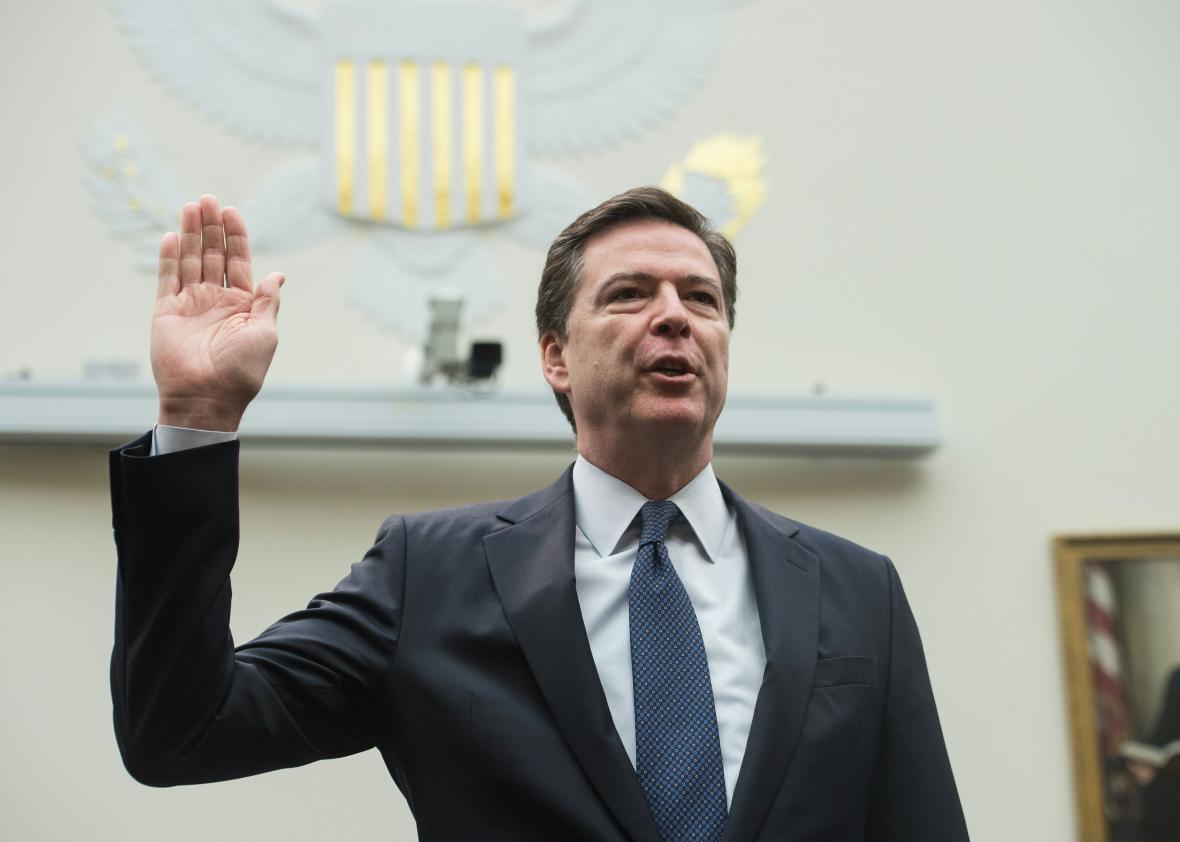On Monday, the FBI said in a court filing that it has found a way to circumvent the passcode requirement on one of the San Bernardino shooters’ iPhones and doesn’t need help from Apple anymore—ending a consequential legal showdown over whether the government can compel a company to participate in an investigtion involving one of its devices. The statement comes a week after the FBI delayed a court hearing to vet an unlocking tool from a third party.
The prosecutors wrote:
The government has now successfully accessed the data stored on Farook’s iPhone and therefore no longer requires the assistance from Apple Inc. mandated by Court’s Order Compelling Apple Inc. to Assist Agents in Search dated February 16, 2016.
On March 1, FBI director James Comey testified before the House Judiciary Committee that the FBI had done an extensive search to find a tool that could crack the phone without Apple. “We’ve talked to anybody who will talk with us about it, and I welcome additional suggestions,” he said.
Last week, after the FBI sought the stay, however, security advocates began speculating that the agency had never actually needed Apple’s help. “The FBI already had the capability to hack this phone using forensic tools,” Evan Greer, campaign director of the open Internet advocacy group Fight for the Future, said in a statement. “But they thought this case would be a slam dunk––a way for them to set a dangerous precedent that they’ve wanted for years.”
On Monday, U.S. Attorney Eileen Decker said in a statement to multiple outlets that, “Our decision to conclude the litigation was based solely on the fact that, with the recent assistance of a third party, we are now able to unlock that iPhone without compromising any information on the phone.”
Whether the FBI actually had the capability all along, assumed it could get it, or genuinely thought Apple was the only hope, the case had implications far beyond just one iPhone, and will continue to. Spoiler: This ain’t over.
